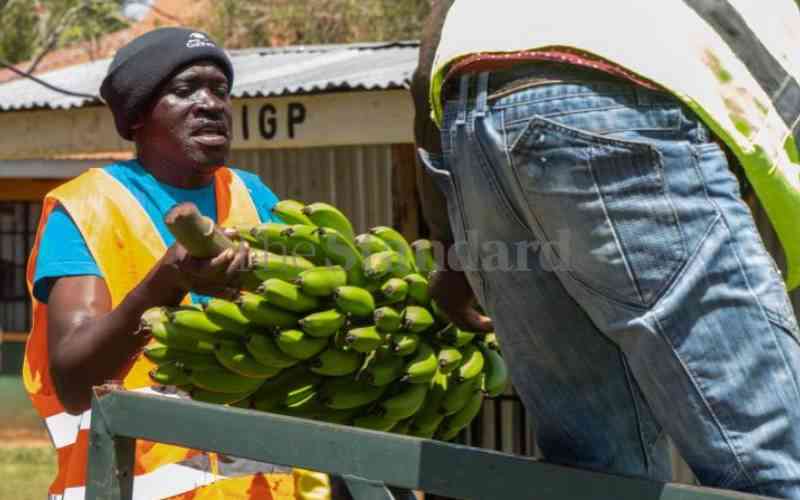×
The Standard e-Paper
Kenya’s Boldest Voice

In 2014, a group of youth working as boda boda riders in Hamisi, Vihiga County realised that the business was becoming unsustainable.
This is as new entrants flooded it every day, raising the fight for customers. The sector was the easiest and most accessible means of employment, especially for the rural economy.